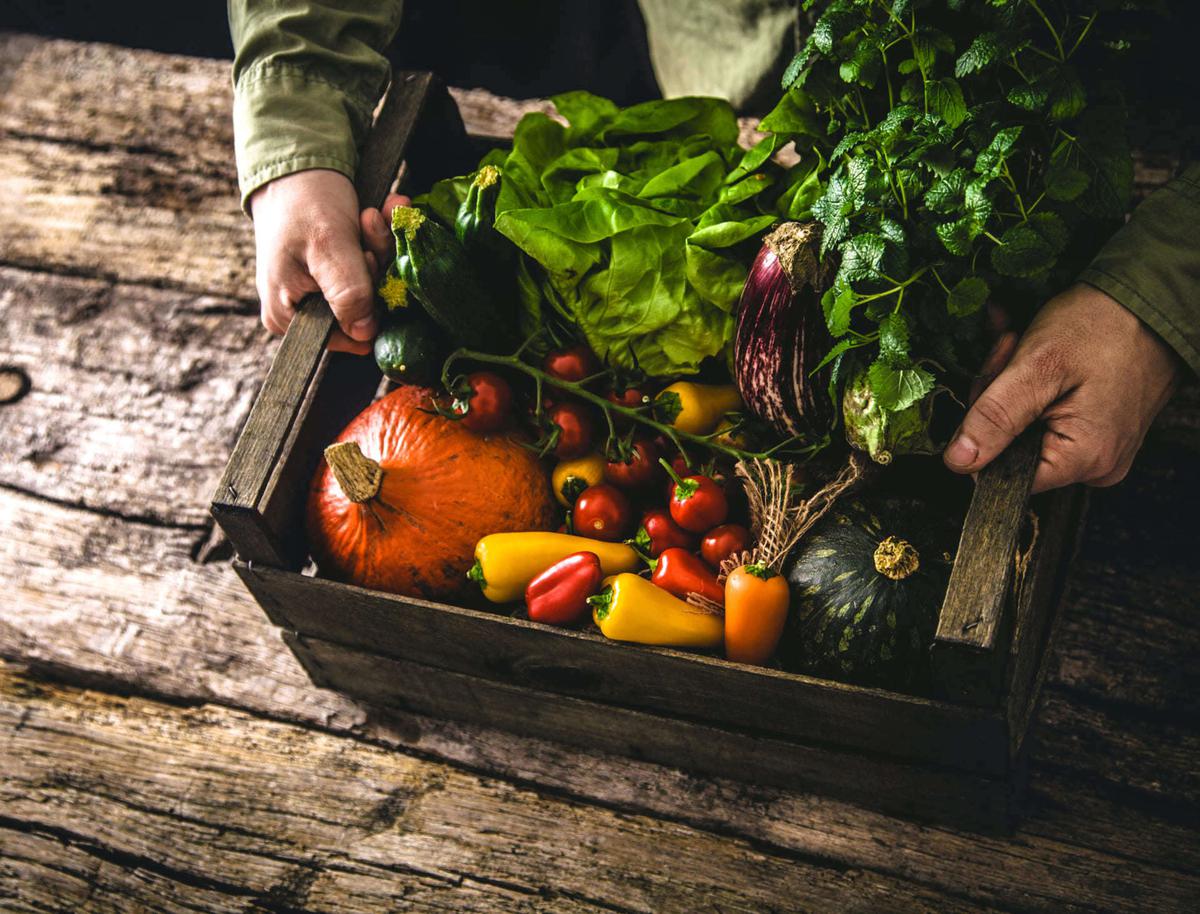In 2020, a total of 6.5% of the average basket of French people was made up of organic products, and 13% of French people claimed to consume at least one organic product per day. According to Agence Bio, since the health crisis, an increasing number of French people assert that they are taking longer to cook (55% in 2020 versus 47% in 2019), with an increase in particular among those under 35. Waste reduction and consumption of fresh and local produce in the general population also increased slightly more among adherents of organic products than among non-organic ones.
But how does organic food ensure your good health?
It allows you to maintain your authentic and traditional relationship with the land. Organic farming does not go back to today. For many, it symbolizes the connection with natural roots and history. Ethical and ecological principles really emerged in the 1920s with Austrian philosopher Rudolf Steiner who questioned modern agricultural methods. In the 1930s, Swiss politician Hans Müller encouraged the independence of farmers and short circuits between producers and consumers. In 1940, the agronomist published works on soil fertility, the use of fertilizers and manure resources. Since the 1970s, this approach has been entrenched in the context of a rejection of consumerism and an awareness of the limits of the planet’s resources; FULL OF NATURE: No coloring, no artificial chemical scent, flavor enhancer, chemical pesticide not used to grow or make organic products. The few additives added are of natural origin. For baby food packets, for example, no vitamins, minerals or antioxidants can be added either; Eating organic food goes hand in hand with a balanced diet, according to Emmanuel Casey Joyot, Director of Research at Inrae* and research coordinator for the organic portion of Nutrinet. People who prefer organic foods eat more fruits, vegetables, legumes, nuts (nuts, almonds, etc.), vegetable oils and whole grains. They have higher amounts of vitamins, minerals, and fiber than those who eat little or no organic produce. This diet ultimately reduces the risk of developing overweight, obesity, cancer or metabolic syndrome. Finally, less pesticides** were found in the urine of heavy organic consumers (50% of their diet) than in smaller ones (10% of their diet).
* National Institute of Agricultural Research
**Organophosphates and pyrethroids
Slime and candles… these products should not be confused with food

“Subtly charming problem solver. Extreme tv enthusiast. Web scholar. Evil beer expert. Music nerd. Food junkie.”


